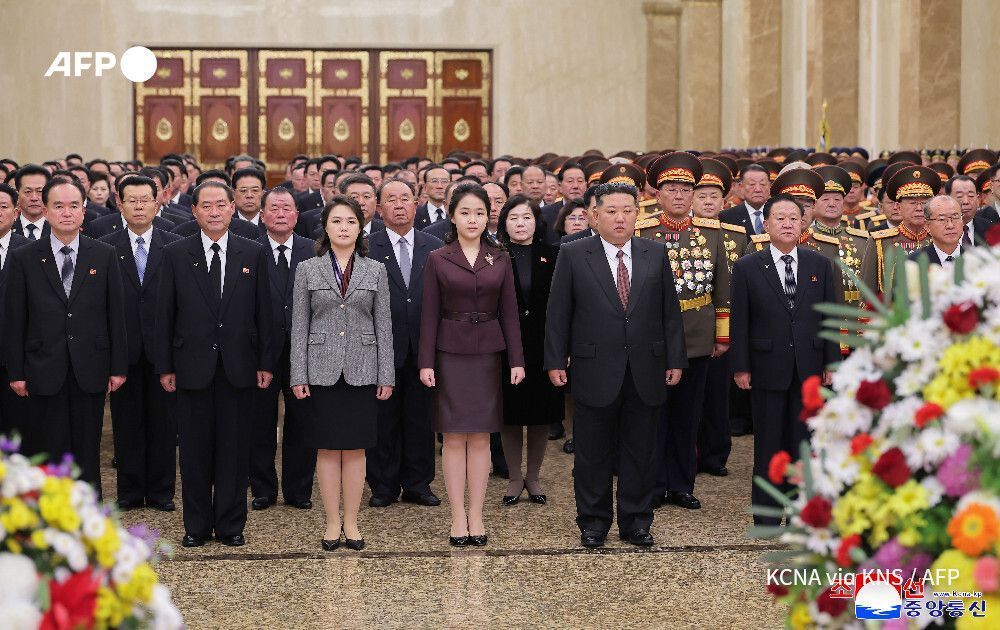In what could become one of Nigeria’s most compassionate policy milestones, Senator Natasha Akpoti-Uduaghan (Kogi Central) has sponsored a far-reaching bill seeking to establish a National Centre for Autism and six zonal centres to provide diagnosis, care, education, and inclusion support for persons with Autism Spectrum Disorders (ASD).
The proposed legislation, National Centre for Autism (Establishment) Bill, 2025, marks Nigeria’s first coordinated federal framework for autism diagnosis, research, and social integration.
“Autism is not rare — it is simply rarely understood,” Senator Akpoti-Uduaghan said as she led debate on the Bill in the Senate.
“Too many Nigerian children have been misjudged, misunderstood, or mistreated because our systems lack the knowledge and structures to help them. This Bill is about changing that narrative.”
Across Nigeria, thousands of families live daily with the silent struggles of autism — often without diagnosis, support, or understanding. Many children are labelled “stubborn” or “possessed,” while parents are left emotionally and financially drained, searching for help that rarely exists.
For Senator Akpoti-Uduaghan, this reality is unacceptable. Her Bill seeks to build what she describes as “a compassionate national system” that will bring early detection, research-based intervention, and public awareness to every corner of the country.
Under the Bill, the National Centre for Autism will be headquartered in Abuja and supported by six Zonal Autism Centres strategically located in Bauchi, Kaduna, Enugu, Port Harcourt, Ibadan, and Abuja (or another designated North Central city).
These centres, according to the bill, will provide diagnostic, therapeutic, and educational services; conduct research and maintain a national autism registry; train teachers, therapists, and caregivers; promote inclusion in schools and workplaces; and lead awareness campaigns to reduce stigma and misinformation.
The National Centre will serve as the nerve hub — coordinating policies, ensuring service quality, and driving data-based reforms across the six zones.
While the Bill stems from empathy, Senator Akpoti-Uduaghan argues it also makes strong economic sense.
“Early intervention saves society more than it spends,” she told colleagues.
“When children with autism are given the right tools early, they become productive, creative citizens instead of being left behind. This is an investment in human potential.”
Experts estimate that such an initiative could create thousands of jobs for therapists, researchers, special educators, and support workers, while also encouraging innovation in medical and educational technologies.
The Autism Bill aligns with Nigeria’s obligations under the UN Convention on the Rights of Persons with Disabilities (CRPD) and the Sustainable Development Goals (SDGs) — particularly Goals 3 and 4, which promote good health and quality education.
It also supports the National Policy on Inclusive Education, reaffirming Nigeria’s commitment to leaving no one behind.
For Senator Natasha Akpoti-Uduaghan, this is more than a policy proposal — it is a moral and social awakening.
“This Bill is an act of justice for families who have been abandoned by the system,” she said.
“It is a statement that every Nigerian child, regardless of neurological difference, deserves love, opportunity, and dignity.”
She urged her colleagues to pass the Bill swiftly, saying its implementation will help Nigeria “replace stigma with science, pity with progress, and neglect with national responsibility.”
If enacted, the National Centre for Autism (Establishment) Act, 2025 will position Nigeria as a continental leader in autism care, awareness, and inclusion — a shift from silence to visibility, from sympathy to structure.
For countless families who have long walked this road alone, the Bill represents more than a policy promise — it is hope made tangible.
“This is not just a health bill,” said one parent watching from the Senate gallery. “It’s a lifeline.”
Meanwhile, at the recent Solid Minerals Ministerial–Legislative Retreat in Abuja, Senator Natasha called for greater transparency, accountability, and openness in Nigeria’s solid minerals sector, a vital pillar of the nation’s economic diversification drive that she described as “clouded by opacity.”
She urged the Federal Ministry of Solid Minerals Development to publish all Memoranda of Understanding (MoUs), contracts, and partnership agreements signed with local and foreign entities, insisting that Nigerians deserve to know how their natural resources are being managed.
“We would like them to be made available to Nigerians — for us in the National Assembly and to Nigerians,” Akpoti-Uduaghan said.
“We would appreciate if you deploy the Freedom of Information Act because we are in an age where transparency must not just be a slogan but a standard of governance.”
Also on Thursday, Senator Natasha renewed calls for justice in the case of late Ochanya Ogbaje, whose tragic story of sexual abuse and death seven years ago stirred nationwide outrage.






